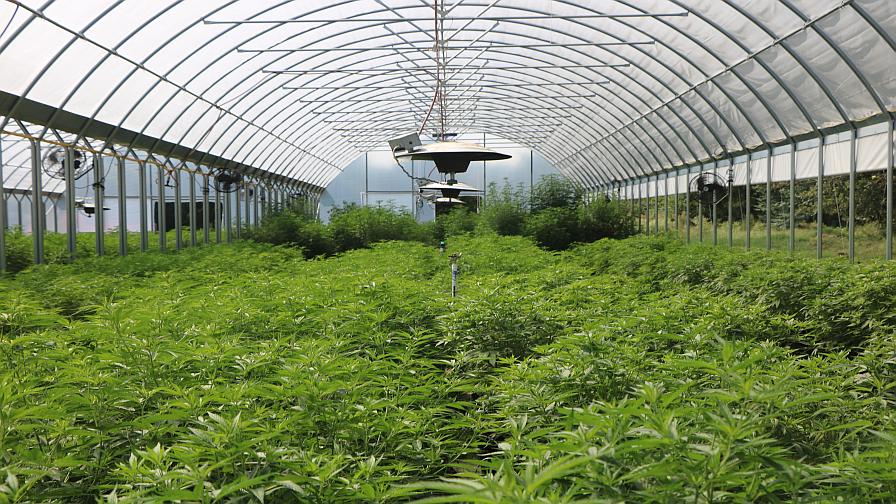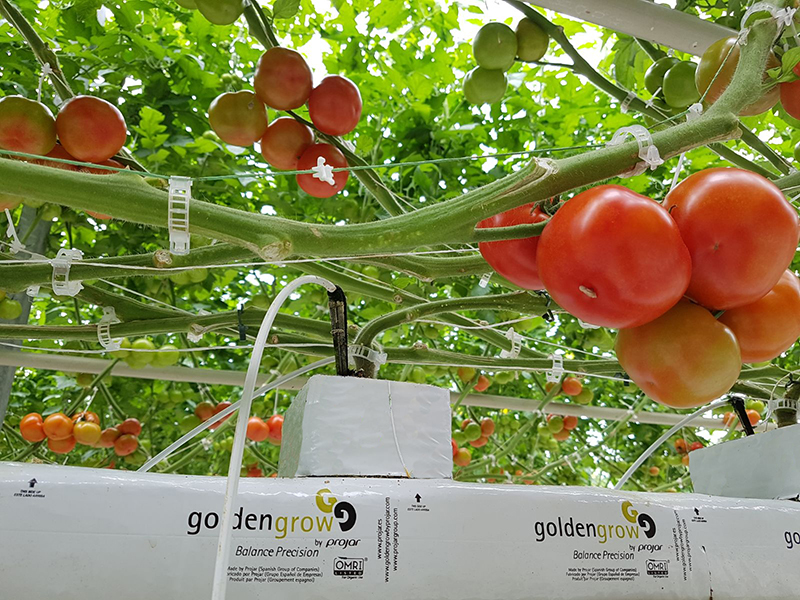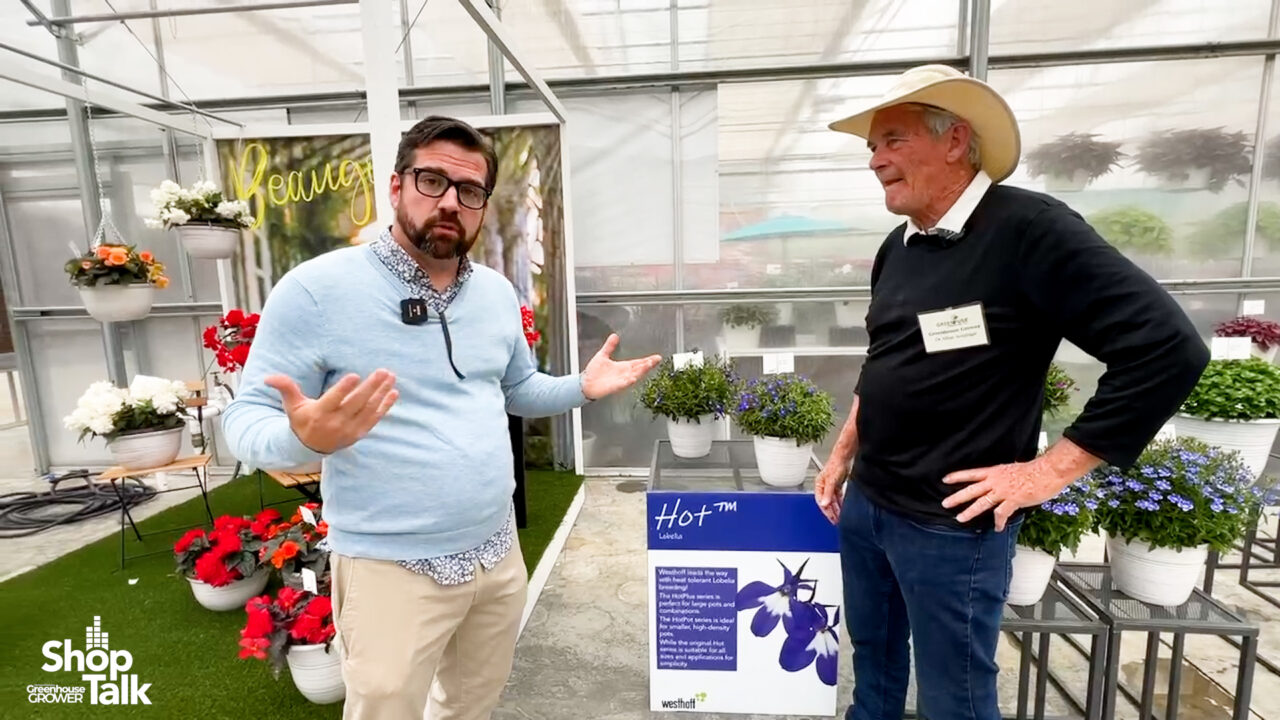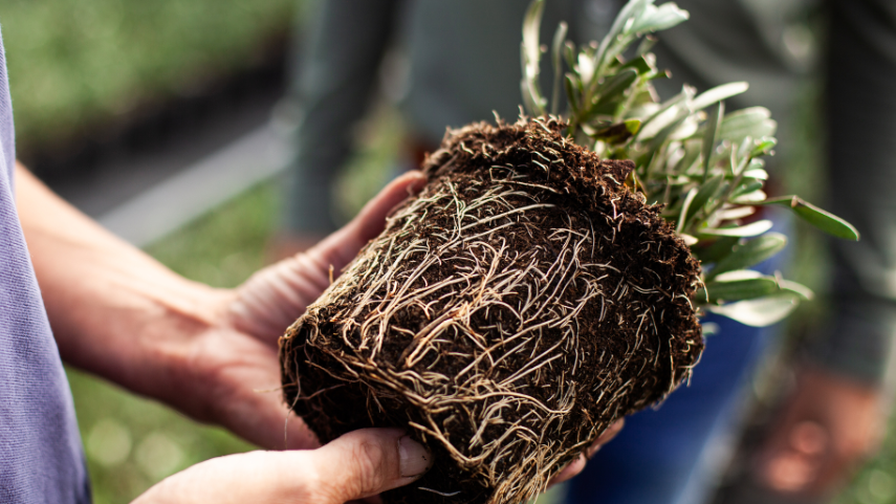Cultivate Town Hall Reveals 10 Ways You Can Promote the Benefits of Plants
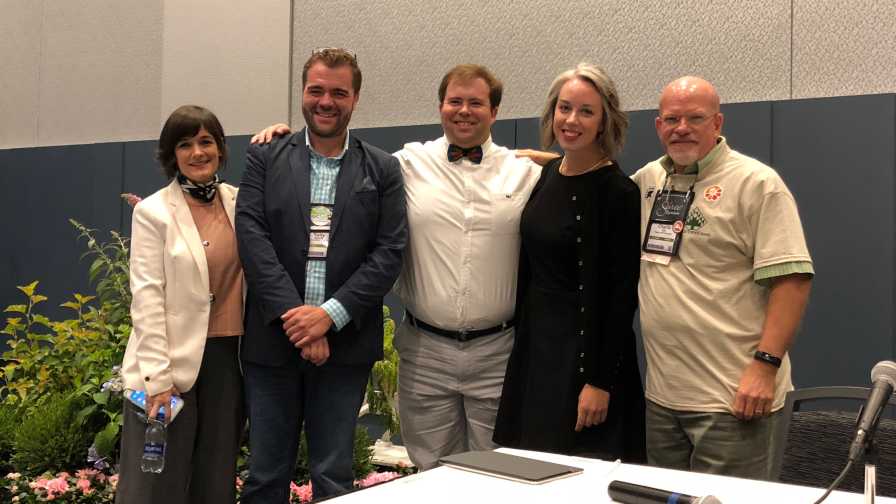
Cultivate 2018 Town Hall Forum Panelists (l-r): Leslie Halleck, Kelly Norris, Jared Barnes, Stephanie Whitehouse, Charlie Hall
Attendance at the annual Town Hall Forum at Cultivate seems to increase every year. Perhaps that’s because it’s one of the few times (aside from, maybe, in the bar in the hotel after the show) you’ll be able to listen to a group of industry experts speaking frankly about a big topic or concern facing the horticulture industry.
The theme of this year’s panel discussion was that when it comes time to sell the plants this industry grows, it shouldn’t be about the plant itself, but rather the benefits it can provide. On the panel this year were Charlie Hall from Texas A&M University, Kelly Norris of the Greater Des Moines Botanical Garden, Jared Barnes of Stephen F. Austin University, Stephanie Whitehouse of Dickman Farms, and Leslie Halleck of the consulting company Halleck Horticultural, LLC.
As in the past, Lloyd Traven of Peace Tree Farms moderated the discussion, and per usual, it didn’t take long for the panelists to start weighing in on how the industry needs to do a better job at connecting with consumers and understanding their needs.
Media members are prohibited from directly quoting any of the speakers; however, here are a few of the highlights from the discussion.
• You can’t sell someone a plant without first knowing why that person, especially if they’re younger, might want the plant. Sometimes it can be about the person/plant interaction (if it can be used for horticultural therapy, for example), and in other cases it might simply be a case of encouraging the consumer to take a selfie with the plant. (maybe “plelfie” will become the next industry buzzword?)
• The benefit a plant will provide to someone is likely going to differ based on their life stage. A couple of the panelists noted that economic and even environmental benefits mean less to millennials than the health, well-being, and quality of life improvements that a plant can provide.
• How do you begin to generate interest in plants among young people? It can start with promoting crops such as edibles or succulents on college campuses. From there, if you really want to encourage a career in plants, one of the panelists said it doesn’t have to be about majoring in horticulture.
“Look at other majors, and how they could tie into plants,” one panelist said. “If someone is looking at software development as a career, point out the need for new software technology in greenhouse automation.”
• Growers who live in cities with a strong garden retail industry can take advantage of this by partnering with retailers on how to put ideas into consumers’ heads about plant benefits. While it might seem obvious, if you’re going to take this approach, make sure you show the plant to the consumer.
• “It’s time to stop forcing our personal plant passions onto consumers.” This was the message of one of the panelists, noting that it’s important to give consumers the benefits they are looking for from plants.
• To help build a personal connection with your customers, you can start by telling the story of your business, how it started, and how it has become an important part of the community.
• Sometimes you just need that trigger to get your customer from looking at a plant to wanting to buy it. As mentioned above, this trigger is going to be different for everyone depending on where they are in life. The more you know your customer, the better you’ll be able to identify what that trigger is.
• Two neglected areas of plant sales, according to some of the panelists, are indoor lighting systems and houseplants. When promoted on a smaller (in size) scale, these can make it more likely for someone, including a college student living in a dorm, to get excited about growing plants indoors.
• The industry is at a crossroads when it comes to brick-and-mortar stores versus digital/e-commerce plant sales. Amazon hasn’t quite cracked the code on effective plant shipping, which means there’s a huge opportunity for growers to reach a new base of customers.
• Here are the final, one-sentence take-home messages from each panelist (again, without quoting anyone directly):
“Modernize your mindset when defining who today’s gardeners are.”
“Think of ways you can partner with others in the industry, because we can thrive when we work together.”
“There are a lot of different messages you can use to highlight the benefits of plants. Make sure you know what they are.”
“Consider the functionality of plants, especially if you’re targeting consumers in urban areas.”
“We know plants are awesome. We just need to share that in our stores, and have fun when doing it.”





